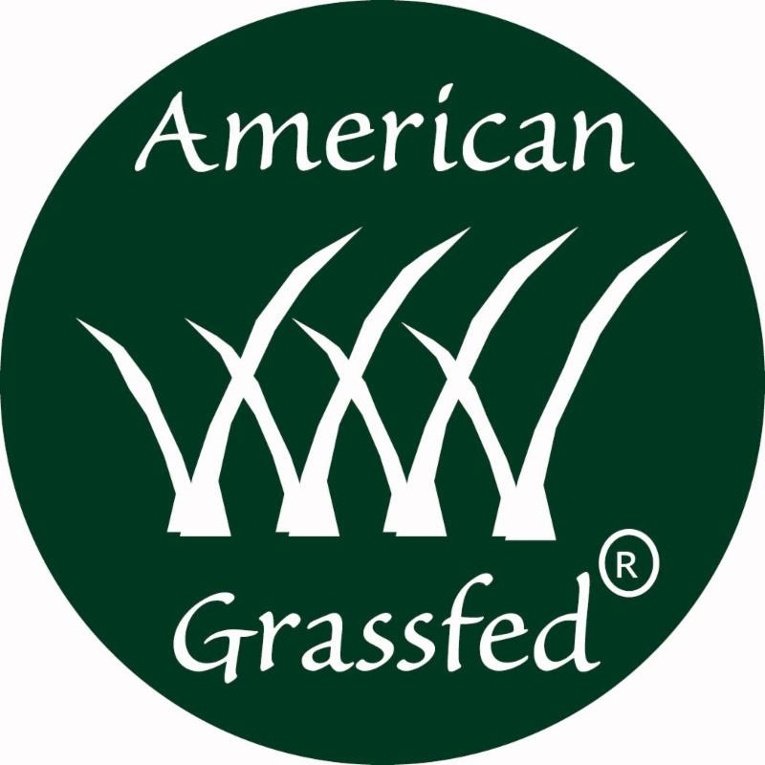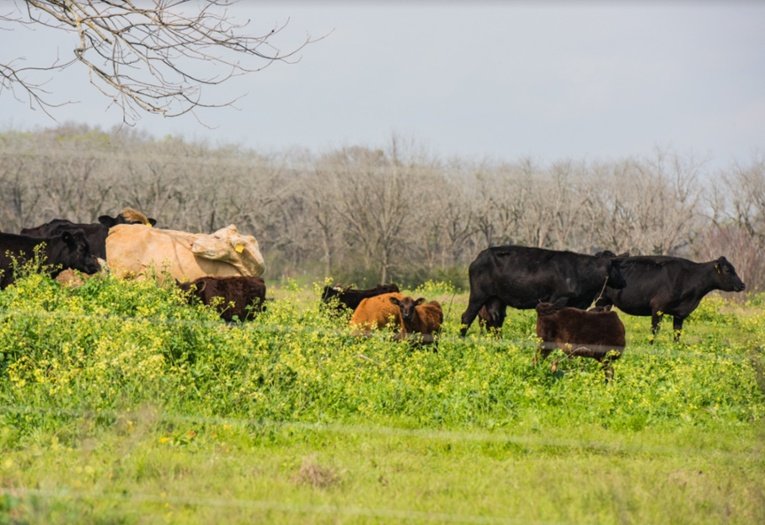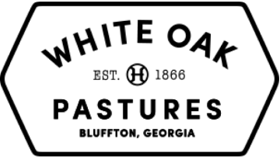A situation is developing that needs to be brought to your attention. It could be economically devastating to producers of grassfed beef in the United States.

To: Members of the American Grassfed Association
Greetings from your Board of Directors;
A situation is developing that I, with a majority of your Board, believe needs to be brought to your attention. A movement has begun that could be economically devastating to those of us who produce grassfed beef in the United States, and will slow the important work we all do in creating regenerative landscapes and strengthening family farms. Although this letter only concerns itself with beef, the other species we represent may be affected in the coming years.
The Grassfed Exchange Conference, held in Albany NY this year, was adjourned late afternoon on September 29. Almost 500 good American grassfed beef producers had attended. Most departed for home, but some stayed for an after event meeting titled "Fostering International Collaboration for Scaling Up Premium Grassfed Beef". I was not invited, but I chose to attend it. (This meeting was not part of the Grassfed Exchange event.)
The meeting was professionally facilitated, and was attended by about 30 participants, most of whom seemed to see the advantage of importing foreign grassfed beef. It also seemed that many attendees would attain a financial benefit if American grassfed beef production was replaced by imported product. I believe that I was the only person in the room who made their living solely by producing American grassfed beef.
Little was said by the presenters about production practices, government constraints, regulations, etc. but a great deal was shared regarding the superiority of Australian imports over our domestic production. The prevailing belief, among this group, is that American producers cannot provide the market with a year around supply, making imports necessary to provide the market with a premium year around product. There was also a lot said about the cost advantage foreign producers have, over our American grassfed beef producers, even after transportation costs are covered.
They were also firmly of the opinion that the imported product could enter the American grocery and foodservice distribution systems better than our product. This was touted as a positive because our product is produced by many 'small' producers, and the imported product is already aggregated when it arrives on our shore.
This group has done a lot of effort in studying our American production system. I sat beside a producer who manages almost one million acres of grassfed beef production in Australia. He shared with me that he had 'stopped by my farm' the previous week. He had visited our Store and processing plant. He made no appointment, or announced himself when he visited. My farm is quite remote, and very few international travelers just 'stop by'...
The tone of the meeting was that the group wants to work with American producers to scale up grassfed beef in the USA with an infusion of an imported product. We are vehemently opposed to cooperating with any international marketing scheme and stand by our core mission to support you, The American Grassfed Producer. Imported grassfed beef has and will continue to serve to commoditize grassfed beef, by equalizing domestic and imported product in the eyes of American consumers. They justify this by saying that their product can be more available during the cool months. Do not forget that the costs of their production, delivery, and aggregation are below those of our domestic producers.
If we position our product or believe, our beef to be the equivalent of theirs, which is wrong, why would American consumers pay any premium we need to operate? Our customers purchase products from us for three basic reasons- We have demonstrated that our production system is more regenerative for the land, is more humane for the animals, and is more vitalizing for rural communities. Given an informed choice, our customers will pick American Grassfed produced beef once they understand the benefits to our rural landscapes, our cattle and our communities. We believe that you would rather make a difference in your own community as opposed to doing so on the other side of the earth.
Our point is that your competition is not the grassfed beef producer in the next county, or in the next state. Our competitor is imported grassfed beef, and the American companies who want to help them deceive our customers.
We have always been and always will be the trade organization for the "Buy American Grassfed" campaign.
You and your ranches are the backbone of a way of life, a way of life based on respect, integrity and sustainability. Respect for our animals and our communities, integrity in how we do what we do and why we do it that way, and sustainable in the broadest sense, sustainable in how our communities, families and economies become resilient for our generation, the next, and the next. Why would we give that away to someone who is here simply to make money?
In 2018, we will report to you, our members on our plans and accomplishments in communicating this important message and how you can be a part of this critical work.
We have contacted the organizers of that meeting and are actively talking to and setting up face to face meetings to make certain that our voices are heard, as American Grassfed producers, and our products get their rightful due anytime there seems to be a movement to undermine it.
If you have any questions, email AGA at Editor@americangrassfed.org. Please make sure you stay in touch regarding this issue.
Sincerely,
Will Harris, President
Bluffton, Georgia


